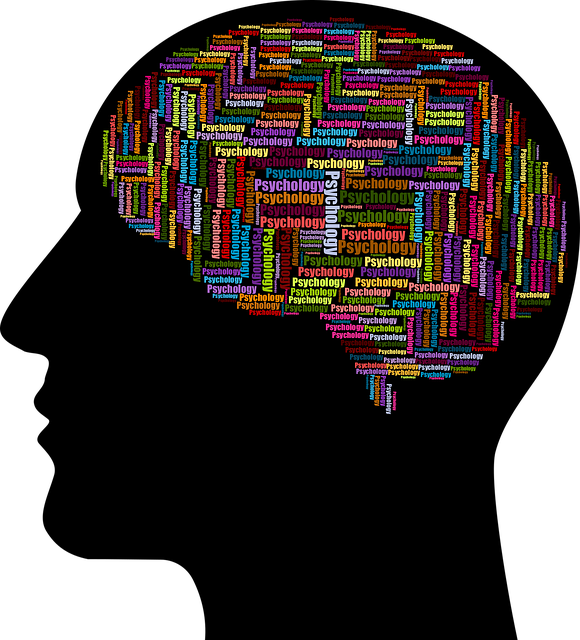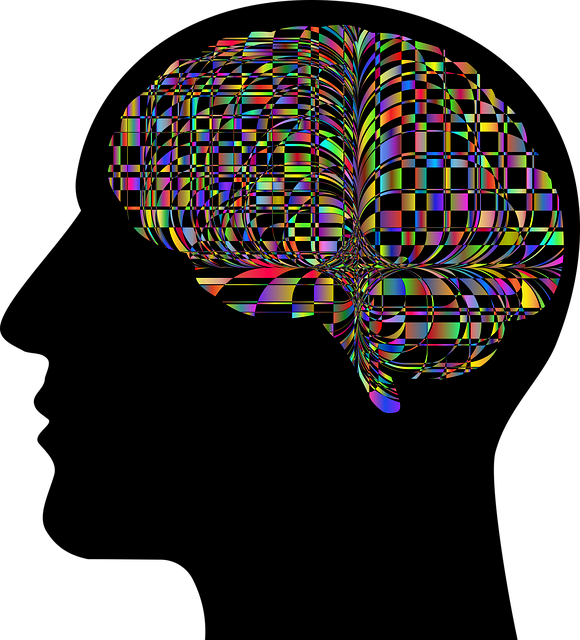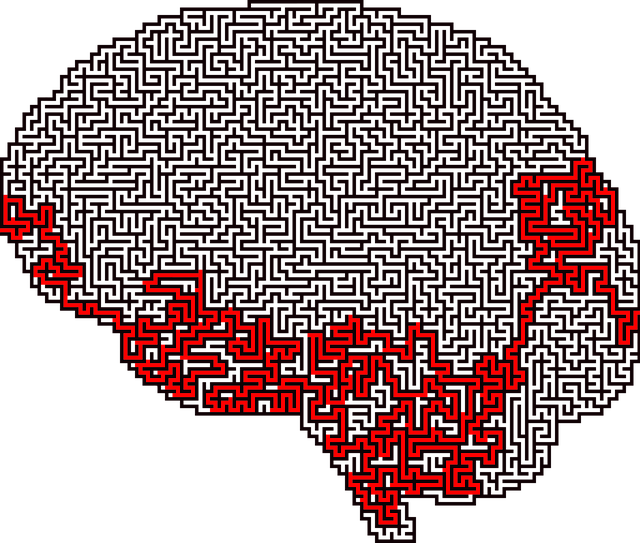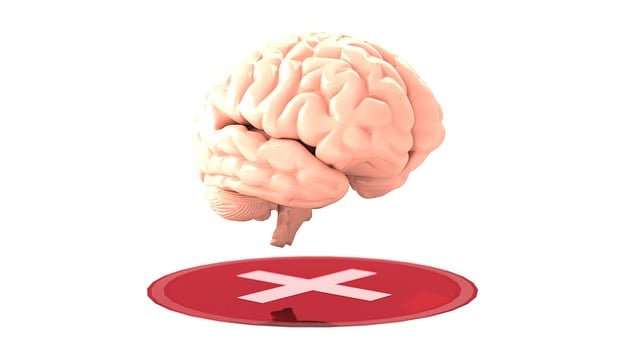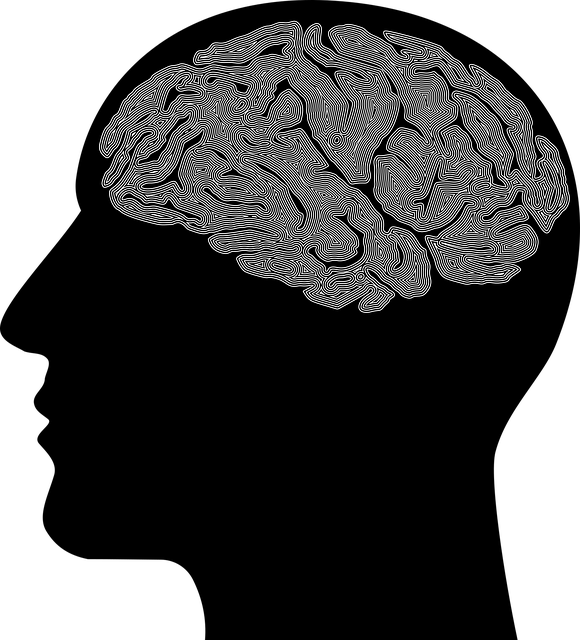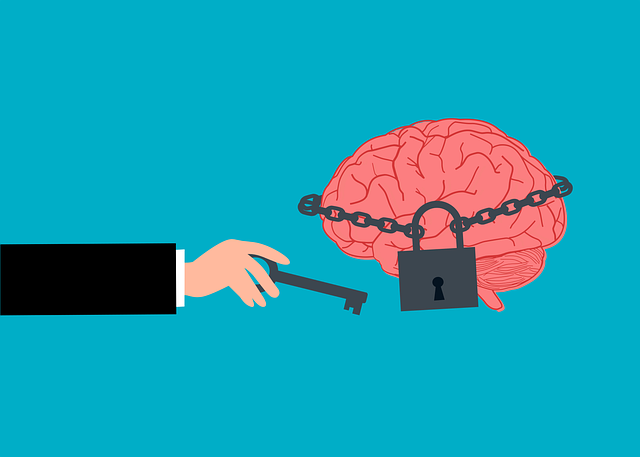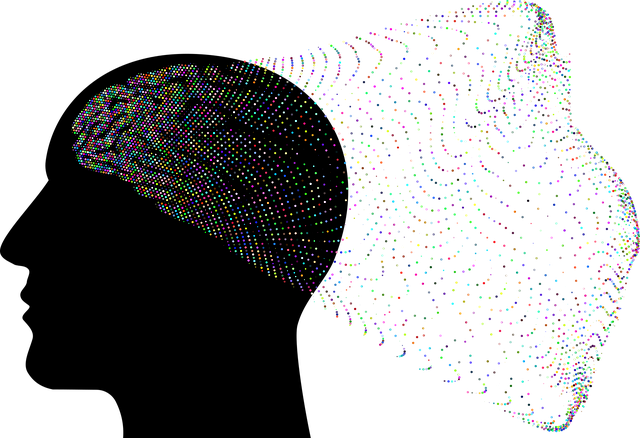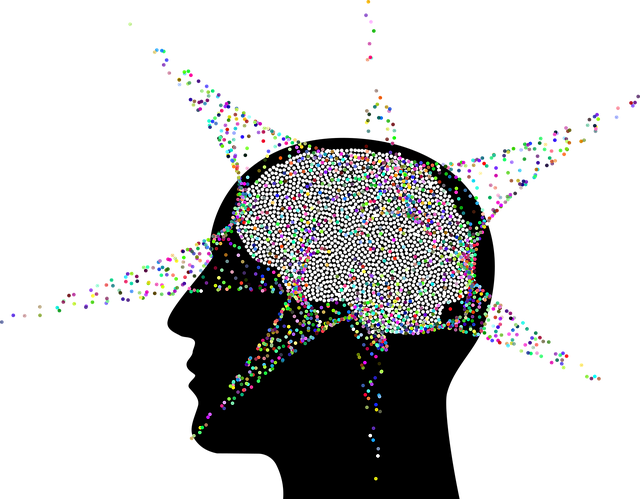Wheat Ridge Anxiety Therapy offers an evidence-based approach to cultivating robust coping skills for long-term mental wellness. By identifying triggers, employing journaling and coaching techniques, and integrating mindfulness practices, individuals gain emotional regulation, resilience, and self-awareness. This holistic method empowers clients to effectively manage stress, overcome challenges, and lead fulfilling lives free from anxiety or worry, emphasizing the importance of personal growth and proactive mindset shifts.
In today’s fast-paced world, developing robust coping skills is essential for navigating life’s challenges. This comprehensive guide explores various aspects of coping skill development, from understanding its foundational role in mental well-being to identifying daily triggers and stressors. We delve into practical strategies, highlighting the effectiveness of Wheat Ridge Anxiety Therapy in enhancing coping mechanisms. Additionally, we emphasize mindfulness and self-care as key components for long-term success in managing stress and anxiety.
- Understanding Coping Skills: A Foundation for Mental Well-being
- Identifying Triggers and Stressors in Daily Life
- Building a Toolkit: Effective Coping Strategies
- Wheat Ridge Anxiety Therapy: An Approach to Enhance Coping Mechanisms
- Practicing Mindfulness and Self-Care for Long-term Coping Success
Understanding Coping Skills: A Foundation for Mental Well-being

Understanding coping skills is a foundational step toward achieving and maintaining mental well-being. These skills equip individuals with effective strategies to navigate life’s challenges, manage stress, and overcome adversity. At Wheat Ridge Anxiety Therapy, we recognize that cultivating robust coping mechanisms is essential for fostering mental wellness. Our approach delves into evidence-based practices tailored to each individual’s unique needs, empowering them to confront and overcome emotional hurdles.
Mental Wellness Coaching Programs Development often focuses on teaching clients Mind Over Matter Principles, encouraging a proactive mindset shift. Additionally, Mental Wellness Journaling Exercise Guidance can serve as a powerful tool for self-reflection and emotional regulation. By integrating these practices into daily routines, individuals gain greater control over their mental health, fostering resilience and promoting overall well-being.
Identifying Triggers and Stressors in Daily Life

In the journey toward personal growth and mental well-being, understanding one’s triggers is a pivotal step, as highlighted by Wheat Ridge Anxiety Therapy. Daily life is brimming with potential stressors that can contribute to anxiety or depression. These might include work pressures, financial worries, interpersonal conflicts, or even mundane tasks when approached with a negative mindset. Identifying these triggers is the first layer of coping skills development. By recognizing what sets off emotional distress, individuals can begin to navigate their daily routines more effectively.
Emotional Healing Processes often involve delving into these triggers and understanding one’s unique responses. Communication Strategies, such as expressing feelings and seeking support, play a crucial role in managing stressors. Moreover, building resilience is an essential part of this process, enabling people to adapt and bounce back from challenging situations, fostering a sense of empowerment and control over their emotional well-being.
Building a Toolkit: Effective Coping Strategies

Building a personal toolkit filled with effective coping strategies is an essential aspect of managing stress and anxiety. This process empowers individuals to navigate challenging situations with resilience and adaptability, especially when seeking support from Wheat Ridge Anxiety Therapy. One powerful tool in this kit is mental wellness journaling, where individuals can express their thoughts and emotions, track progress over time, and identify patterns that contribute to their well-being. Regularly documenting experiences and feelings helps in developing self-awareness and understanding triggers, which are crucial steps towards managing anxiety effectively.
Furthermore, mental wellness coaching programs play a significant role in cultivating coping skills. These structured programs provide guidance and support tailored to each individual’s unique needs. Through dedicated resilience-building exercises, participants learn to confront fears, challenge negative thought patterns, and develop healthy coping mechanisms. By combining journaling practices with evidence-based coaching, individuals can enhance their emotional intelligence, fortify their mental wellness toolkit, and ultimately lead more fulfilling lives.
Wheat Ridge Anxiety Therapy: An Approach to Enhance Coping Mechanisms

Wheat Ridge Anxiety Therapy offers a unique and effective approach to coping skills development, focusing on addressing the root causes of anxiety and stress. This therapeutic method recognizes that managing anxiety involves more than just treating symptoms; it’s about empowering individuals with robust coping mechanisms to navigate life’s challenges. By delving into various techniques, clients learn to regulate their emotions, fostering a sense of calm and resilience in even the most stressful situations.
Through tailored interventions, Wheat Ridge Anxiety Therapy encourages the adoption of self-care practices that go beyond surface-level strategies. It equips individuals with tools to identify and challenge anxious thoughts, engage in mindfulness exercises, and develop healthier ways of managing stress. This holistic approach not only provides anxiety relief but also promotes emotional regulation, enabling people to live more fulfilling lives without the constant burden of worry or fear.
Practicing Mindfulness and Self-Care for Long-term Coping Success

Incorporating mindfulness practices and self-care routines into one’s daily life is a powerful tool for long-term coping skills development. This involves cultivating present-moment awareness, often through guided meditation or deep breathing exercises, which can significantly reduce stress and anxiety levels. By training the mind to focus on the here and now, individuals can gain a sense of calm and clarity, making it easier to navigate challenging situations without resorting to unhealthy coping mechanisms.
Additionally, prioritizing self-care goes hand in hand with preventing burnout, particularly for healthcare providers who are at high risk. Strategies such as regular exercise, adequate sleep, and engaging in hobbies or activities that bring joy can rejuvenate the mind and body. This holistic approach to well-being not only enhances overall mental health but also improves one’s ability to manage stress, ensuring a more sustainable and effective coping strategy over time. Incorporating these practices, as advocated by Wheat Ridge Anxiety Therapy, can empower individuals to take control of their emotional well-being and foster resilience in the face of life’s challenges.
Coping skills development is a multifaceted journey towards mental well-being. By understanding the importance of coping mechanisms, identifying triggers, and building a personalized toolkit, individuals can effectively navigate life’s challenges. The integration of practices like mindfulness and self-care ensures long-term success. Moreover, approaches such as Wheat Ridge Anxiety Therapy offer specialized strategies to enhance these coping mechanisms, ultimately fostering resilience and enhancing overall mental health.
